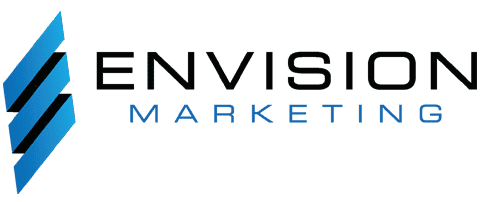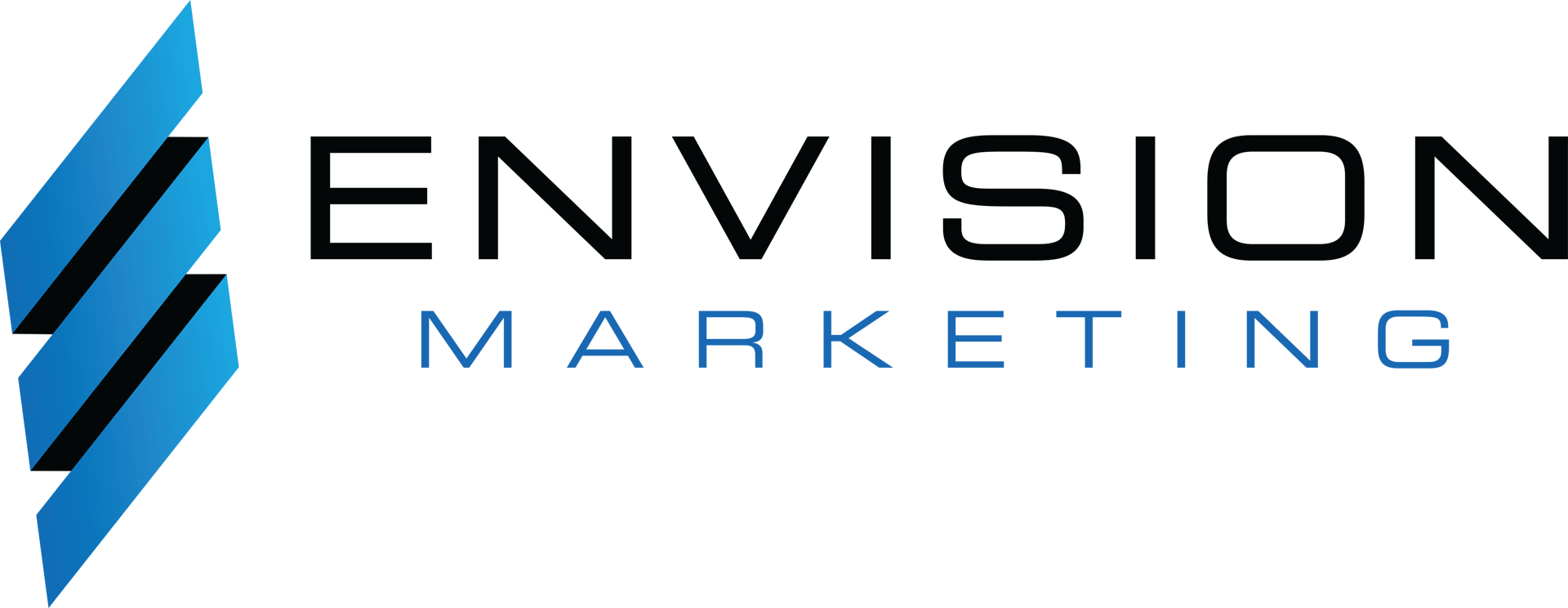In a digital-first world, your business website acts as the front door to your brand. It’s more than just a marketing tool; it’s your business’s digital persona. Here are some crucial strategies to position your website for maximum impact and conversion.
Position Your Business as a Mentor, Not a Hero
While it’s tempting to flaunt your achievements on your website, it’s more beneficial to position your business as a mentor. Show your understanding of your visitors’ challenges and offer guidance. For example, if you run a digital marketing agency, don’t just brag about your awards or big-name clients. Instead, highlight how you’ve helped businesses like theirs overcome marketing challenges and achieve their goals.
Emphasize Benefits Over Features
Customers’ purchasing decisions are driven by emotions. Highlight the benefits of your product or service, not just its features. Instead of listing that your fitness tracker has a long battery life (feature), say that it lets users go for days without charging, so they never miss tracking a workout (benefit).
Features Matter, Too
While benefits emotionally engage customers, features provide the logical reasoning to back up their emotional decision. For example, a high-tech mattress company may emphasize the comfort and better sleep quality (benefit), but also needs to mention its temperature regulation technology or material quality (features).
Treat Service Pages Like Home Pages
Many potential customers land directly on service pages via search engines. Therefore, these pages deserve as much attention as your home page. Ensure they’re detailed, engaging, and include a clear call to action. For instance, a wedding photography service page should showcase stunning photos, describe the experience, and guide visitors to book a consultation.
Apply the Five-Second Rule
Your website should communicate your offerings and their value to your clients within five seconds. Any longer, and you risk losing potential customers. For example, a website for a bakery should immediately convey it sells artisan baked goods using high-quality ingredients for people who appreciate exceptional taste and craftsmanship.
Highlight Your Unique Advantage
Every business has a unique advantage or ‘wildcard’ that can sway undecided customers. Dedicate a section on your home page to this unique selling proposition. For example, a software company might highlight its exceptional 24/7 customer support, mitigating concerns about dealing with technical issues.
Stick to Familiar Website Structures
Google’s research suggests users prefer websites with familiar layouts. Your creativity can shine within this framework without causing navigation issues for visitors. A common structure might include a top navigation bar, a hero section with a clear call to action, followed by product/service benefits, testimonials, and a footer with contact information.
By integrating these strategies, you can create a website that not only attracts but also engages and converts visitors, ultimately boosting your business success. Remember, your website is an extension of your brand; make sure it tells your story effectively.



